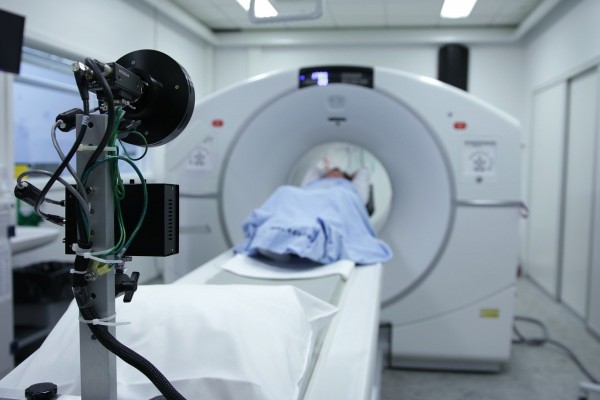Study Confirms That Majority of Coronavirus Patients Suffer From Neurological Symptoms
A new study shows that more than 80% of hospitalized coronavirus patients suffer from neurological symptoms such as muscle pain, confusion, anosmia or loss of smell, and the more severe condition known as encephalopathy.
Encephalopathy or altered mental structure and function ranges from mild confusion to coma. According to the National Institute of Neurological Disorders and Stroke, its hallmark is characterized by an altered mental state which can come with confusion, lethargy, memory loss, and decreased cognitive ability. Those patients who experienced these symptoms reported three times longer hospital stays with seven times higher risk of mortality.
The team from Northwestern Memorial Hospital in Chicago claimed that this study is the first of its kind in the US. According to Igor Koralnik, one of the authors of the study who also leads the Northwestern's neurology-focused COVID clinic, this study outlines the frequency and severity of neurological symptoms among a large population of COVID-19 patients. With this study, it will be easier to identify and treat people hospitalized with COVID-19 before even experiencing such symptoms.
The study was published in in the Annals of Clinical and Translational Neurology, where the team analyzed the data of more than 500 patients hospitalized with COVID-19 at 10 hospitals in the Northwestern Medicine health system.

Data analysis
Among the 509 patients studied, 42 percent had experienced neurological symptoms when they first realized they were infected with Covid-19, while 63 percent were only aware of these symptoms during the course of hospitalization.
Overall, a whopping 82 percent admitted to experiencing at least one neurological symptom while they were ill.
Male patients were more likely to experience brain ailments and have a shorter disease onset time, the average age who had encephalopathy was 65 years old. Those patients who had this condition also have a history of other disorders, including high blood pressure.
What's next?
Dr. Igor Koralnik said that they are trying to determine what triggers COVID-19-associated encephalopathy, as it is unsure whether the virus itself is causing the neurological issues or the treatment administered also contributed to these symptoms. The team continuously studied patients who are discharged from the hospital, as well as COVID-19 "long-haulers", or those who have not been hospitalized but have been sick for months. All these patients commonly reported a similar range of neurological problems, including brain fog. Through this ongoing study, the researchers will be able to characterize the long-term neurologic effects of COVID-19 and the cognitive outcomes in patients with ' COVID-19-associated encephalopathy.
COVID-19 Effects on the Nervous System
COVID-19 is a respiratory disease that primarily attacks the lungs, but as the disease affects more people in the world, more studies continued to reveal that this disease also produces unrelated symptoms, such as a loss of taste and smell or memory loss, that suggest a neurological source. As most patients are still too sick to be placed inside brain scanners, the full long-term effects of neurological symptoms remain unknown, and may not be realized for years.
MORE ON: Dexamethasone Treatment on President Trump Indicates His Condition May Be Serious
Check out more news and information on COVID-19 on MD News Daily.
Oct 07, 2020 07:40 AM EDT





